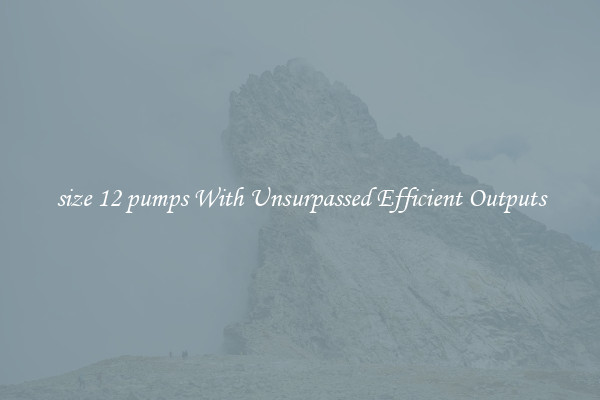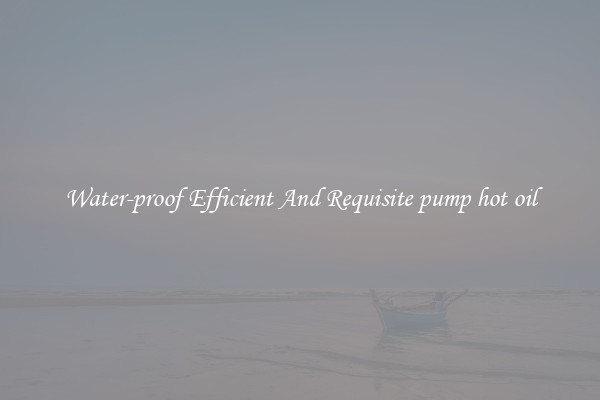process pump parts With Unsurpassed Efficient Outputs
Process pumps play a crucial role in various industrial applications where the transfer of fluids is required. These pumps are designed to handle a wide range of fluids, including liquids, gases, and slurries. They are commonly used in industries such as oil and gas, chemical processing, power generation, and water treatment.

One of the reasons why process pumps are widely used in these industries is their efficiency. These pumps are built to deliver unsurpassed efficient outputs, ensuring that the transfer process is smooth and hassle-free. Efficiency is a critical factor in industrial operations as it directly impacts productivity and cost-effectiveness.
Process pump parts are specifically designed to enhance efficiency. These parts are crafted with precision using high-quality materials, ensuring durability and optimal performance. Let's explore some of the key parts that contribute to the efficient functioning of process pumps.
Impellers: The impeller is the rotating component responsible for creating the flow and pressure needed to transfer fluids. It is crucial to have well-designed impellers that can handle the specific fluid properties and operating conditions of the application. Advanced impeller designs, such as closed or semi-open impellers, can significantly improve pump efficiency.
Casing: The casing houses the impeller and other internal parts of the pump. It provides support and facilitates the flow of fluid through the pump. Casing design plays a vital role in minimizing hydraulic losses, which can greatly impact pump efficiency. By optimizing casing design, manufacturers can improve overall pump performance.
Sealing systems: Seals are vital components in process pumps as they prevent leakage and ensure the system operates efficiently. Modern sealing systems, such as mechanical seals, are designed to provide a reliable and efficient seal, reducing energy losses and increasing pump efficiency. These sealing systems also require minimal maintenance, resulting in cost savings for industrial operations.
Shafts and bearings: The shaft is the mechanical component that transfers power from the motor to the impeller. High-quality shafts and bearings are essential for minimizing friction losses and ensuring smooth operation. Robust shafts and bearings reduce energy consumption and enhance pump efficiency.
Motor and control systems: The motor is responsible for powering the process pump, and the control system regulates the pump's operation. Efficient motors and advanced control systems can optimize energy consumption and enhance overall pump efficiency. Motor efficiency labels, such as NEMA Premium, indicate the highest level of energy efficiency, making them an ideal choice for process pumps.
In conclusion, process pump parts are designed to deliver unsurpassed efficient outputs in industrial applications. From impellers and casings to sealing systems and control systems, each component plays a critical role in enhancing pump efficiency. Investing in quality process pump parts can result in significant improvements in productivity, cost savings, and overall operational efficiency for industries that require fluid transfer.

View details

View details

View details

View details








